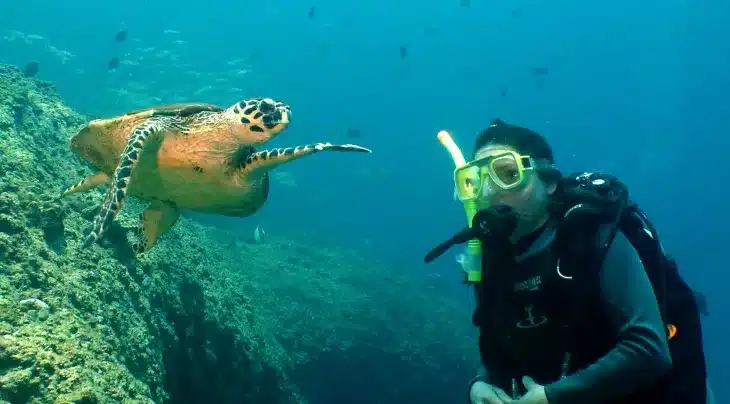Scuba diving, a thrilling underwater adventure that allows explorers to immerse themselves in a world of wonder and mystery, offers a unique opportunity to discover the beauty and diversity of marine life firsthand. From colorful coral reefs and vibrant fish to majestic sea creatures and ancient shipwrecks, scuba diving opens up a realm of possibilities for adventure, education, and conservation. In this article, we delve into the world of scuba diving, exploring its history, techniques, and the transformative experiences it offers to divers of all levels.
Scuba diving traces its roots back to the early 20th century, when pioneering inventors and explorers developed the first underwater breathing apparatuses and diving equipment. In 1943, French naval officer Jacques Cousteau and engineer Emile Gagnan invented the Aqua-Lung, a self-contained underwater breathing apparatus (SCUBA) that revolutionized diving and made underwater exploration accessible to the masses. Since then, scuba diving has grown in popularity, becoming a beloved recreational activity, a vital tool for scientific research, and a lucrative industry for tourism and adventure travel.
Scuba diving encompasses a wide range of experiences and disciplines, from recreational diving in tropical reefs to technical diving in deep caves and wrecks. Open water certification courses provide beginners with the knowledge and skills to dive safely and confidently, while advanced training programs offer opportunities for divers to explore more challenging environments and pursue specialized interests such as underwater photography, marine conservation, and scientific research. Whether you’re gliding through a coral garden, exploring a sunken ship, or encountering marine life up close, scuba diving offers a sense of awe and wonder that is unmatched by any other activity.

